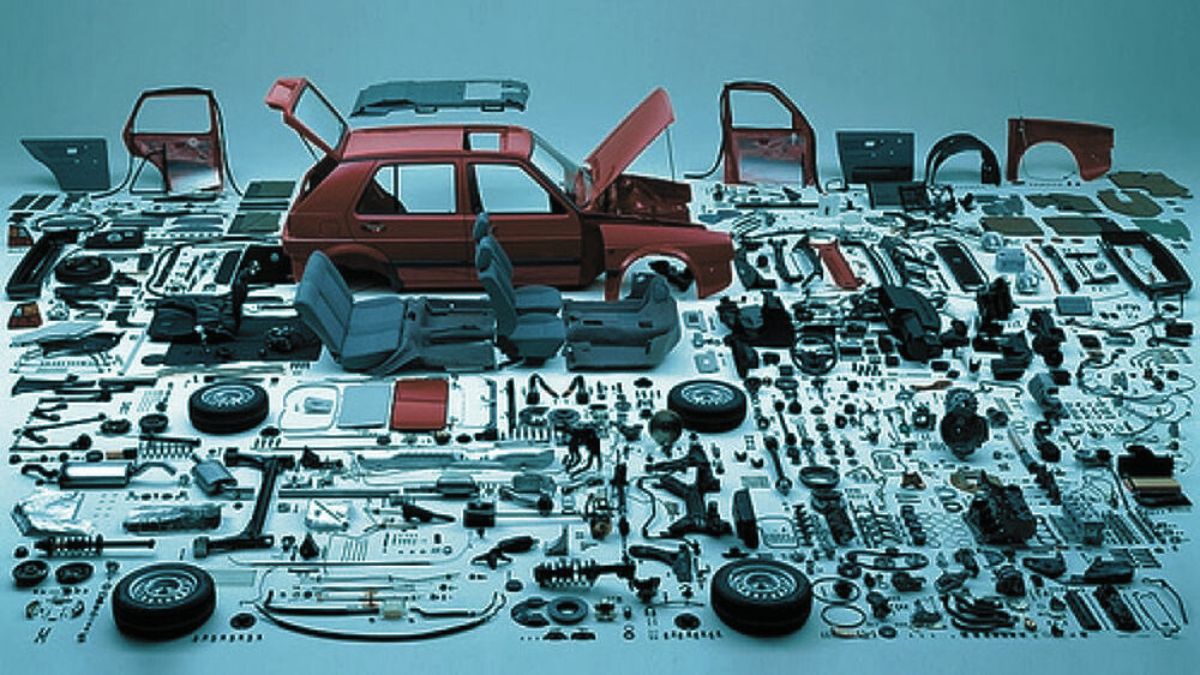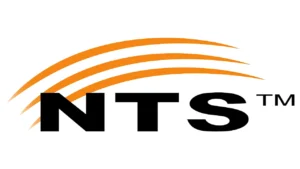Car owners often face challenges when searching for replacement parts in Pakistan. Choosing the wrong part can lead to wasted money, safety issues, or poor vehicle performance. This guide explains everything you need to know about car parts compatibility in Pakistan, including how to verify fitment, tools to use, and where to source genuine and reliable parts.
Why Compatibility Matters
Incorrect car parts can:
- Reduce engine performance and efficiency.
- Trigger electrical issues or dashboard errors.
- Increase wear and shorten lifespan of other components.
- Compromise road safety, especially in brakes and suspension.
While basic items like wipers or bulbs are more flexible, critical components such as sensors, airbags, or engine parts must be an exact match.
Essential Information to Collect
Before buying replacement parts in Pakistan, always have these details ready:
- VIN / Chassis Number – provides precise vehicle specifications.
- Make, Model, Year, Variant – trims and generations differ in design.
- Engine Code & Transmission Type – essential for mechanical and ECU-related parts.
- OEM Part Number – printed on the part or found in catalogues.
- Clear Photos – useful for comparing fitment and connectors.
First Owner Cars for Sale in Pakistan – Best Deals & Verified Listings
READ MORE
Step-by-Step Compatibility Check
- Decode the VIN – reveals exact specifications of your vehicle.
- Find the OEM Number – check old part or manufacturer catalogue.
- Cross-Reference – use global interchange tools and databases.
- Compare Dimensions & Connectors – verify shape, size, and fittings.
- Confirm Functionality – ensure electronic and mechanical compatibility.
Useful Tools and Websites
- VIN Decoders – identify vehicle specifications.
- OEM Parts Catalogs – RockAuto, TascaParts, PartsFan, Partsouq.
- Interchange Tools – show parts that fit across models/years.
- Local Online Stores – ndestore, Pak Suzuki, Toyota, and Honda dealers.
Sourcing Car Parts in Pakistan
- Authorized Dealers – provide genuine OEM parts with warranty; higher cost.
- Online Auto Stores – offer OEM and aftermarket options; check seller reputation.
- Local Auto Markets – Lahore, Karachi, and Rawalpindi markets have wide availability.
- Used/Salvage Parts – affordable but must be checked for fit and condition.
Common Compatibility Patterns in Pakistan
- Suzuki Models (Alto, Mehran, Cultus): Many mechanical and body parts are shared but still verify OEM codes.
- Toyota Corolla, Hilux: Compatibility varies by year and engine code; always cross-check.
- Honda Civic, City: Electronics and sensors differ between generations, requiring precise matching.
OEM vs Aftermarket vs Used
- OEM (Genuine): Reliable and best for safety-critical parts.
- Aftermarket: Cheaper, suitable for routine replacements like filters or lights.
- Used: Cost-effective for panels or mechanical parts, but condition varies.
Red Flags When Buying
- No OEM number or unclear product images.
- Prices far below market without warranty.
- Seller refuses return or exchange policy.
Warranty and Negotiation Tips
- Always ask for a short warranty or return option.
- Keep packaging and part codes for future claims.
- For online purchases, confirm replacement policy before payment.
Quick Checklist Before Payment
- VIN decoded and verified.
- OEM number confirmed.
- Photos compared with existing part.
- Warranty or return option available.
Low Mileage Used Cars in Pakistan – Best Deals, Prices & Reliable Choices
READ MORE
FAQs
Q: Can I use parts from different model years?
A: Sometimes, but only if the OEM number matches and part was used across multiple models.
Q: Where can I check OEM part numbers?
A: In official catalogues, dealer databases, or printed on the part itself.
Q: Are aftermarket parts safe to use?
A: Yes, if sourced from reputable brands and used for non-critical components.
Conclusion
Ensuring car parts compatibility in Pakistan requires VIN decoding, OEM number verification, and reliable suppliers. Authorized dealers are the safest option for critical items, while aftermarket or used parts can be practical for non-critical replacements. Always verify before purchasing, and never compromise on safety components.









